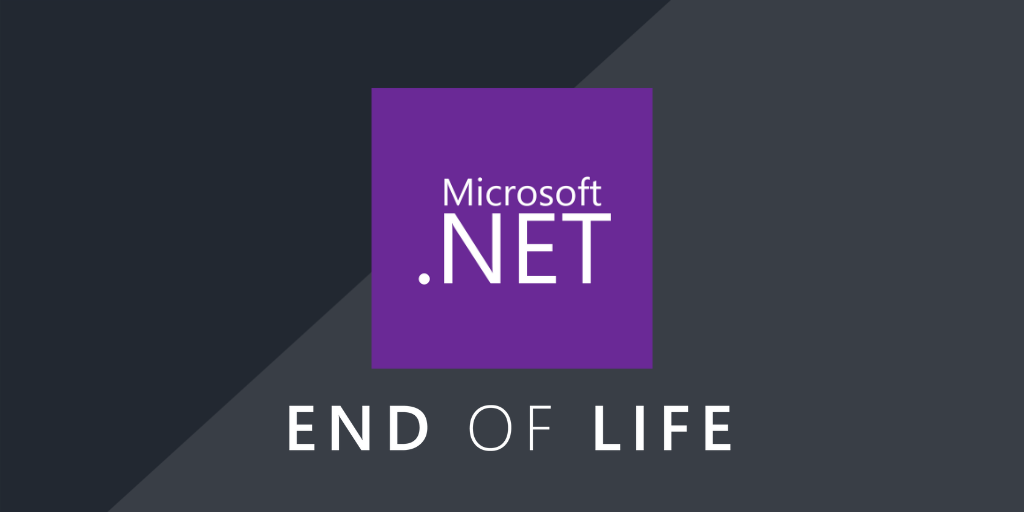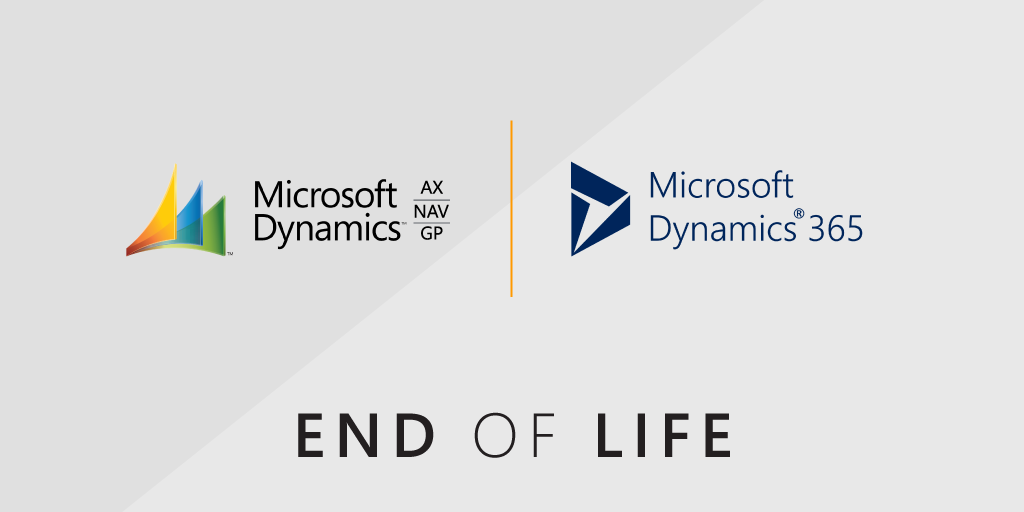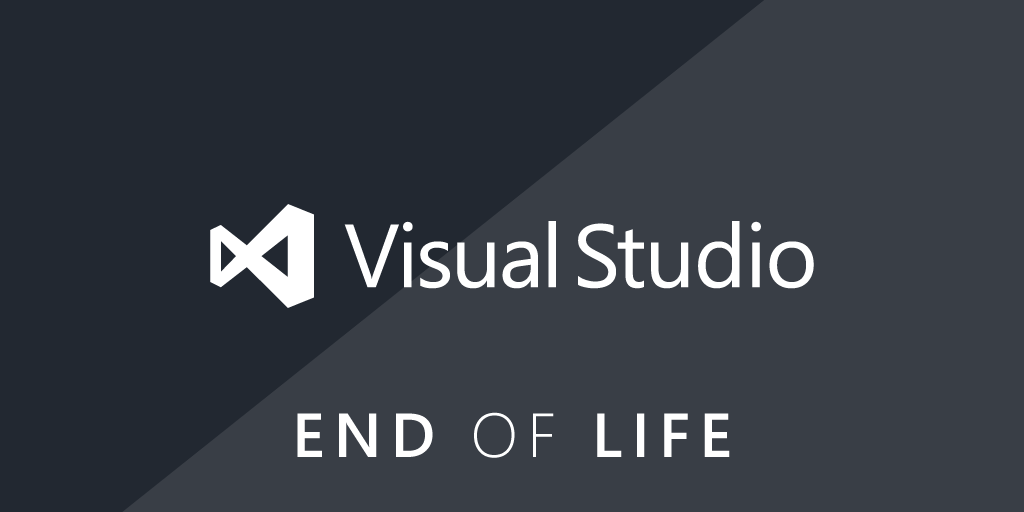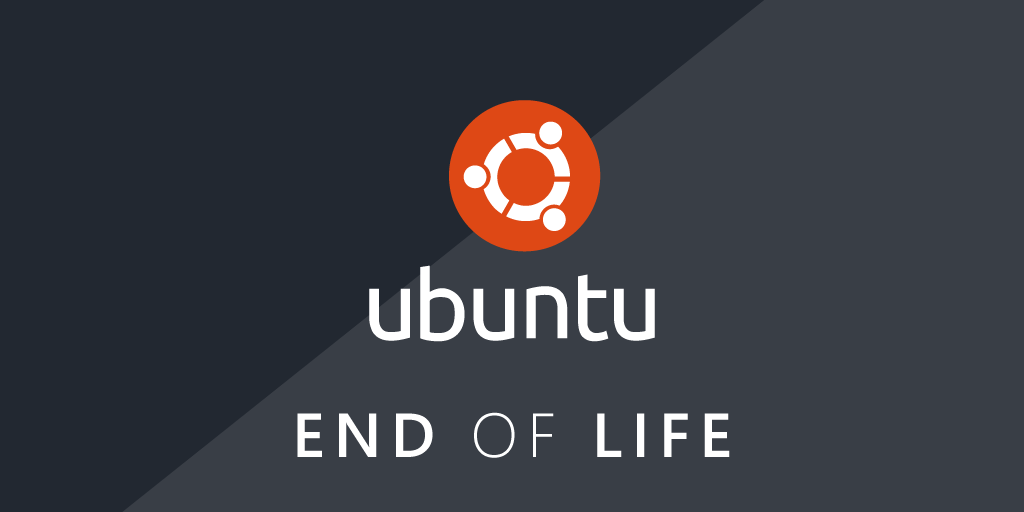
.NET 7, the multi-platform application framework is scheduled to go end of life on May 14, 2024. This means that it will no longer receive any updates or security fixes in the future. Make sure to update any instances in your network to a supported version.
What is .NET?
.NET (formerly .NET Core) is a free, open-source development platform by Microsoft. The framework is cross-platform, meaning that it runs on Windows, macOS, and Linux operating systems. This allows developers to more easily create an application that supports multiple platforms.
.NET Core supports building different types of applications like mobile, desktop, web, cloud, IoT, machine learning, microservices, games, and much more.
The framework is designed to be modular, lightweight, and fast and also includes core features that are required to run any basic .NET Core app. If you want additional features, you can get these with so-called “NuGet” packages, which can be added to the application you are building. This allows applications to be faster, reduces memory utilization, and improves maintenance.
.NET Support Lifecycle
Microsoft publishes new major releases of .NET every year in November. This is done to allow developers and businesses to plan ahead. Even-numbered releases are LTS (Long Term Support) releases that get free support and patches for three years while odd-numbered releases are STS (Standard Term Support, formerly known as Current releases) releases that get free support and patches for 18 months.
May 14, 20
.NET 7 End of Life
.NET 7 will be going end of life on the 14th of May 2024. Make sure to update any instances of .NET 7 in your network to version 8 or higher in order to continue receiving support. Our .NET End of Life Audit report can help you locate any .NET installations on Windows or Linux that still need to be updated. Microsoft has released a blog with more information about the upgrade process to help you out .NET 8 is an LTS release and will be supported for 3 years. It also has a number of improvements over earlier versions, including but not limited to:
- Several performance improvements
- New features in C# 12
- .NET Aspire
- New functionality for controls, gesture recognizers, Windows apps, and more
- Improvements to EF Core
.NET Core 3.1 End of Life
.NET Core 3.1 was released on the 3rd of December, 2019. As it is an LTS release, it received 3 years of support and will be going end-of-life on the 13th of December, 2022. In order to continue receiving support you are advised to update to .NET version 6.0 or higher. You can use our .NET End of Life Audit report to locate any .NET installations on Windows or Linux that still need to be updated. You can find more information about the upgrade process on Microsoft’s blog. If you are migrating apps to .NET 6, you may want to run a compatibility check first .NET 6.0 boasts a number of improvements over earlier versions, including but not limited to:
- New language features in C# 10
- Several performance improvements
- Hot reload
- New git tooling
- Better team collaboration
.NET 5.0 End of Life
.NET 5.0 was released in November 2020. The most obvious change is the branding change away from “Core”. The “Core” branding was removed, and version 4.0 was skipped altogether. Microsoft has made it clear that .NET 5.0 would only be supported for 18 months and that period will end on May 8, 2022. As a result, Microsoft will no longer provide fixes, updates, or online technical assistance. To help you ensure that all devices in your IT environment are using a support .Net version, we’ve created a special report that provides an overview of all .Net installations on Windows and Linux along with their EOL status.
.NET Core 2.1 End of Life
.Net Core 2.1 was released back on May 30, 2018. However, it was only declared an LTS release in August 2018. That’s why the end of support is slightly longer than three years. On August 21, 2021, .NET Core 2.1 finally went end of life and users needed to upgrade to .Net Core 3.1 or higher.


